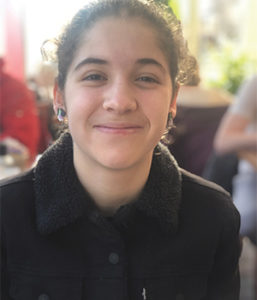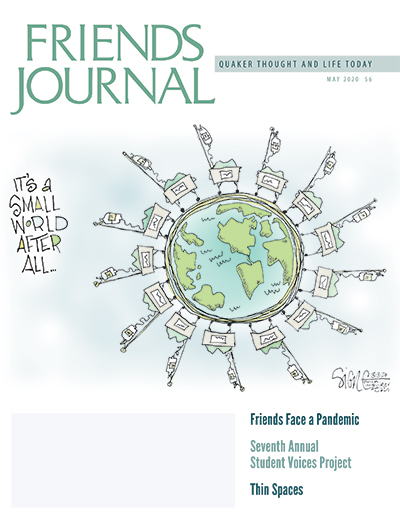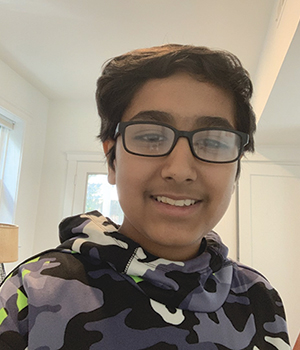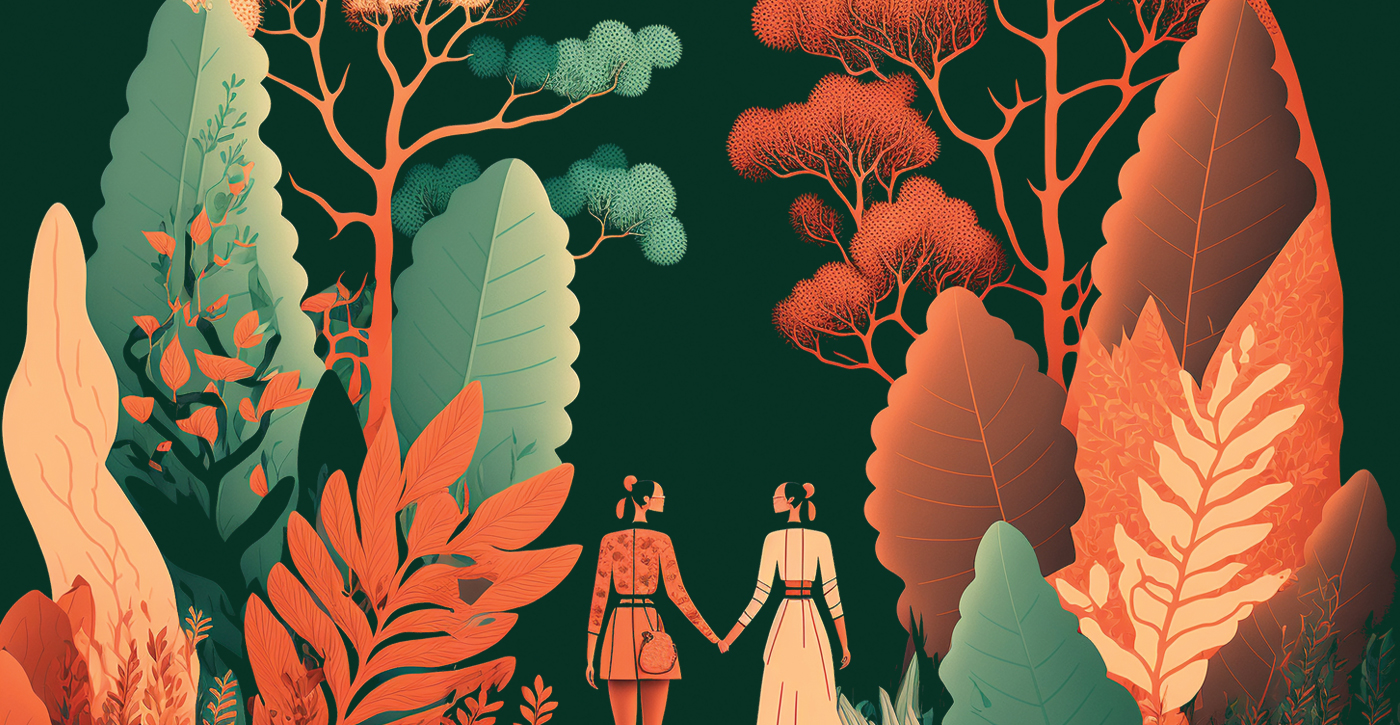I used to dismiss the idea of being “a good steward” or being “the responsible one.” No one else was willing to take the extra step and pick up that little scrap of trash, so why should I be? I noticed other classmates leave their leftover lunch lying tragically on the sticky, wooden cafeteria tables. They continued to miss the trash can and pretend not to notice, as if the short walk to go get it was simply too much work. They ignored the soggy, flattened milk cartons scattered across the grass in the courtyard out back. They dumped what remained of their food into the trash, sending it off to a landfill without a second thought. I used to be one of those kids, and though it disheartens me to remember that, it helps me realize just how important it is to educate others about the critical dangers of pollution. Each of us affects the environment through our own actions, but if we are not aware of this, we will continue to behave carelessly and recklessly.
Transitioning from public to private school in fifth grade was crucial to this realization. At Abington Friends School, I have the privilege of learning in a space that supports environmental education and advocating for climate justice. This is the case not only in school, but also at Camp Dark Waters, a Quaker overnight camp in Medford, New Jersey, I have proudly attended for the last three summers. At camp, we strive to uphold the Quaker testimonies and keep clean the small, beautiful expanse of land that we call home. The stewardship testimony says that in order to “live with simplicity and integrity, we need to do a good job taking care of the things we own and use. This means taking good care of the earth.” When I was younger, I didn’t quite know what it meant to have a home away from home. But I have grown to love Camp Dark Waters as just that: a second home, a place where I cherish nature’s potential to be simultaneously fragile and resilient, dispiriting and uplifting. I feel inspired to share my experiences with those who are less fortunate, or who don’t have the chance to enjoy nature in this way.
I recall with fondness the ever-shifting sandy grounds, the mysteriously murky water that gives Camp Dark Waters its name, and the little swaths of springy, emerald green moss that flank the riverbank. Every Sunday morning at camp, we participate in meeting for worship in a peaceful clearing outside, where we reflect while in the midst of chirping, rustling, fluttering nature. Every time I have this experience, I find myself brimming with gratitude for the earth around me. Yet in my gratefulness, I also hold regret for the damage, pollution, and destruction that we inflict upon the environment. But this gives me motivation, and a feeling of responsibility, to protect the miraculous, remarkable planet we know and love.
Not everyone has a deep connection with or an appreciation for nature, and I’m not asking for that. Instead I’m asking that we acknowledge our place in this fragile world, our effect on the life around us, and our duty to preserve it. As individuals, we may think we are too small to make a difference in the rapidly deteriorating state of things. But each person plays a role. From where I stand in the shoes of an ordinary ninth grader, I think the most important thing that we can do right now, as a community of students and educators, is to teach others what we know and spread our knowledge. Education is the gift we give to today’s children and future generations who will have to live with whatever legacy we leave behind for them. If more people understand the negative effects humans have on the earth, and more importantly, how they can make a positive impact, we will be able to do so much more.
What I wish for my school and others is that kids have better access to the knowledge they need to be better stewards. In recent years, the percentage of teaching that is dedicated to outdoor education has dwindled considerably, when it should be a crucial part of school. Experiential learning and outdoor education supports emotional, behavioral, and intellectual development. Studies show that this type of learning helps children to develop independence, creativity, empathy toward others, problem-solving skills, self-discipline, and much more. Teaching students through the outdoors also improves physical wellbeing and helps children learn essential life skills.
I feel very lucky and thankful that my school is so involved in supporting environmental preservation and offering opportunities for experiential learning. It is inspiring that there are students my age who are taking steps, both big and small, to make change in their communities. At the start of this year, the beginning of my high school career, I joined a club that focuses on climate justice and action, in addition to sustainability. Over the course of four months, we participated in several climate strikes and protests, and brainstormed ideas to make our campus a more sustainable place. These efforts spark hope in my mind that we can accomplish change, regardless of our age or standing in social and political arenas. Working together in a community is a fulfilling experience; it strengthens bonds, builds gratitude, and it gives people a chance to do good.
One of the reasons humans as a species are so detrimental to the earth is because we are uninformed, and therefore make mistakes, but that can change. This change starts with students: the soon-to-be adults of our society, the future physicians, scientists, engineers, lawyers, teachers, and activists of the world.







That’s lovely, Camille. I really like the point you make about outdoors education. I’ve always thought we adults need to spend more time in nature in order to become greener in our lifestyles and politics, but I didn’t think about the possibility of it becoming a regular part of school for kids and teens.
My favorite part is where you describe the outdoor worship. I really the magic of the feeling. Spirituality is so important, yet so rarely talked about in everyday life, at least in the circles I move in. And I’ve hardly ever heard a teen talk about it. So I really appreciate this. I also love the phrase chirping, rustling, fluttering nature!
Michael